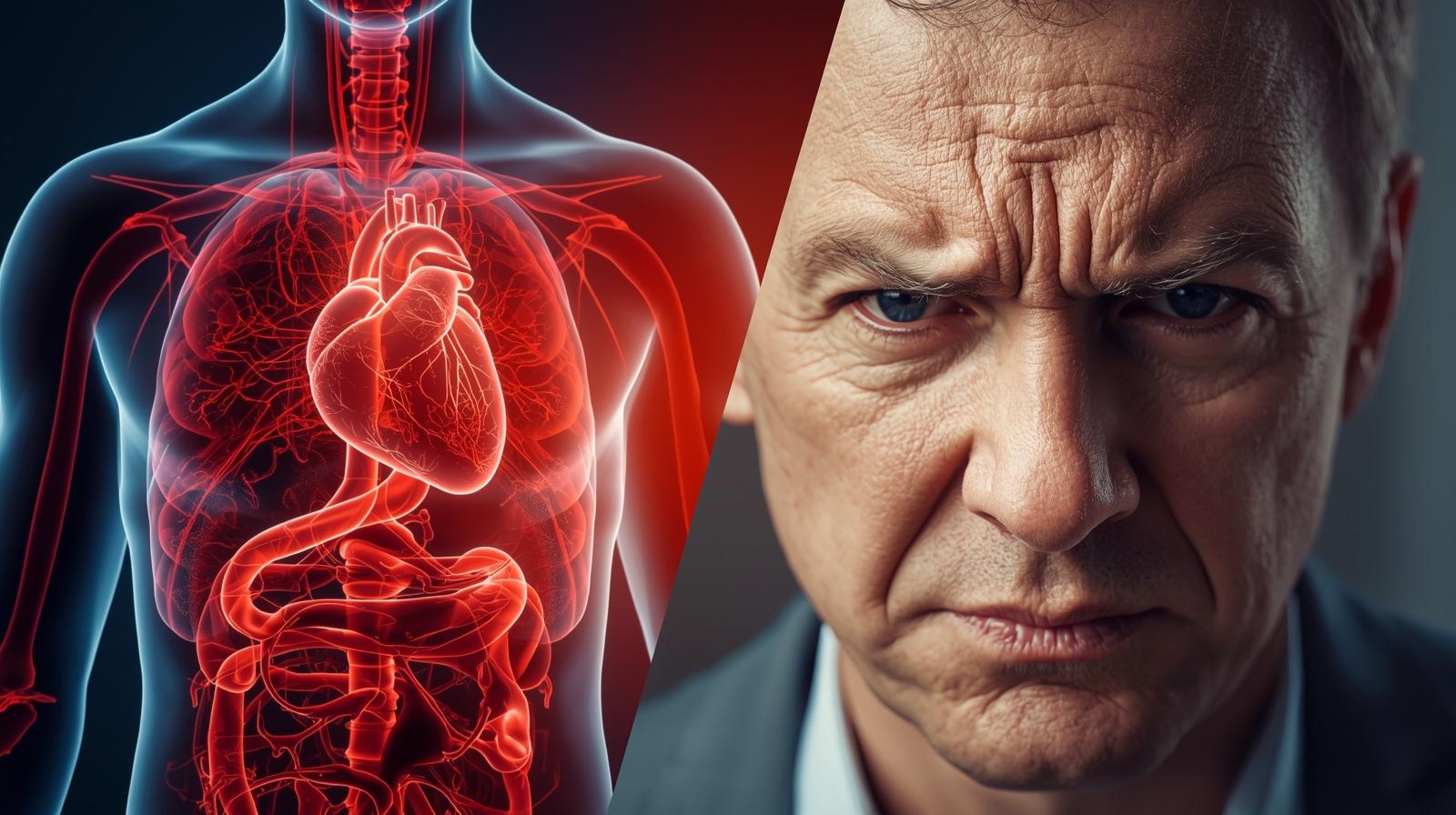Stress is a natural reaction that every human experiences. While it can sometimes be helpful—like giving you the extra push to meet a deadline or respond quickly in a dangerous situation—chronic stress can take a serious toll on your body. Understanding what actually happens inside you when you feel stressed can help you manage it better and protect your long-term health.
The Body’s Built-In Alarm System
When you encounter a stressful situation, your body activates the “fight-or-flight” response. This is an ancient survival mechanism designed to protect you from threats. Even though modern stress often comes from work, finances, or relationships rather than predators, your body still reacts as if you are in danger.
Your brain sends signals to your adrenal glands, releasing hormones such as adrenaline and cortisol. These chemicals prepare your body to react quickly and effectively.
Immediate Physical Changes
The moment stress hormones surge, several things happen inside you:
- Heart Rate Increases: Your heart pumps faster to send more oxygen to your muscles.
- Breathing Becomes Rapid: Your body takes in more oxygen to fuel your brain and muscles.
- Blood Pressure Rises: This ensures more blood reaches vital organs.
- Muscles Tense Up: Your body gets ready to move quickly, whether to fight or flee.
- Digestion Slows Down: Energy is redirected from non-essential functions like digestion to survival systems.
These changes aren’t harmful in short bursts. In fact, they help you perform better under pressure.
The Role of Cortisol
Cortisol, often called the “stress hormone,” plays a major role in regulating your body during stress. It increases blood sugar for quick energy, boosts brain function, and helps you recover after a stressful event. However, when cortisol levels stay high for too long, it can cause health problems.
What Happens With Chronic Stress
When stress becomes constant, your body never fully returns to its relaxed state. Over time, this can lead to:
- Weakened Immune System: Making you more vulnerable to colds and infections.
- Digestive Issues: Such as stomach aches, diarrhea, or constipation.
- Sleep Problems: Difficulty falling asleep or staying asleep.
- Weight Changes: Cortisol can increase appetite, leading to weight gain, especially around the belly.
- Memory and Concentration Issues: Stress interferes with brain function, making it harder to focus.
- Increased Risk of Heart Disease: High blood pressure and rapid heart rate put extra strain on your cardiovascular system.
Emotional and Behavioral Effects
Stress doesn’t just affect the body—it also impacts emotions and behaviors. People under stress may experience:
- Irritability or mood swings
- Difficulty making decisions
- Increased use of caffeine, alcohol, or other coping mechanisms
- Withdrawal from social interactions
These emotional responses can create a cycle: stress affects behavior, and unhealthy behaviors increase stress.
Healthy Ways to Manage Stress
The good news is that you can reduce stress and protect your body with healthy habits:
- Regular Exercise: Physical activity lowers stress hormones and boosts mood.
- Mindfulness Practices: Meditation, yoga, and deep breathing calm the nervous system.
- Balanced Diet: Eating nutritious foods stabilizes energy and mood.
- Adequate Sleep: Rest helps your body reset and recover.
- Social Support: Talking with friends or loved ones reduces the feeling of being overwhelmed.
- Time Management: Prioritizing tasks and taking breaks prevents overload.
Listening to Your Body
Stress is a signal. Occasional stress is normal, but if you notice constant fatigue, headaches, stomach issues, or difficulty concentrating, it may be time to adjust your lifestyle and seek support. Taking care of stress today protects your health in the future.
Final Thoughts
Stress is not just “in your head”—it’s a powerful physical response that affects nearly every system in your body. While short-term stress can sharpen your focus and help you perform, chronic stress can lead to serious health issues. By understanding what happens inside your body and learning healthy coping strategies, you gain control over stress instead of letting it control you.
